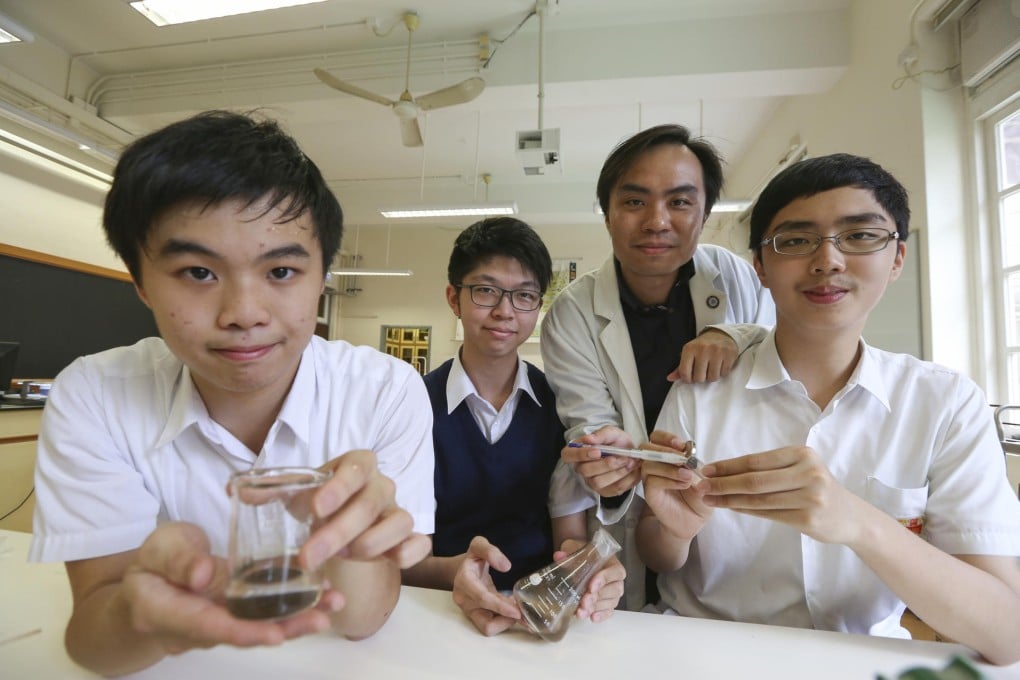Why Hong Kong teen science talents are few and far between
Government and schools need to work together more to nurture Hong Kong's fledgling scientists, say educators

In the murky universe around us, more than a handful of planets are named after Hong Kong teenagers - budding scientists who have won top awards in international science competitions.
Their achievements are rare enough for people their age but nurturing talents in the field of science is fraught with challenges. Scientific experiments consume much time and energy, and diverting local students' attention from tests, examination-driven tutorial classes, online games or other activities is never easy.
The only exceptions, for the most part, are probably those gifted in science. Schools fortunate enough to have abundant resources have groomed talented youngsters, some of whom have gone on to study medicine.
At the elite King's College, five of its past students have had minor planets named after them since 2011 by the International Astronomical Union in recognition of their top honours for their chemistry research. The honours have been bestowed at the Intel International Science and Engineering Fair (Intel ISEF), the world's largest international pre-college science competition.
Earlier this month, a three-member team from the school - Davis Chan Tat-ngai, Otto Chu Pak-hei and Li Kwun Wing - won the silver medal in I-SWEEEP, the International Sustainable World (Energy, Engineering and Environment) Project - a ground-breaking science competition in Houston, Texas that is open to high school students worldwide.
Another team, comprising three Form Six students, took third place at the Intel ISEF contest recently held in the US city of Pittsburgh. The team members had spent a week in the United States with their coach, chemistry teacher Bob Lui.
